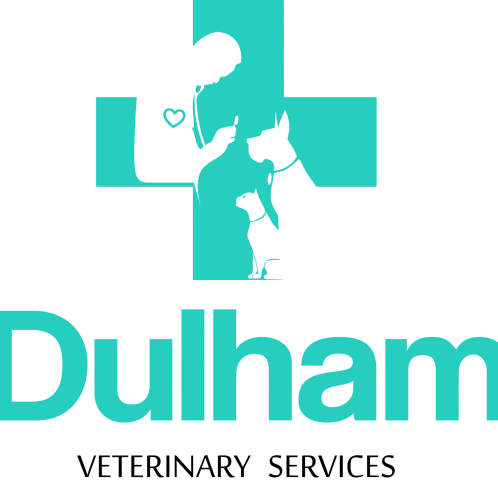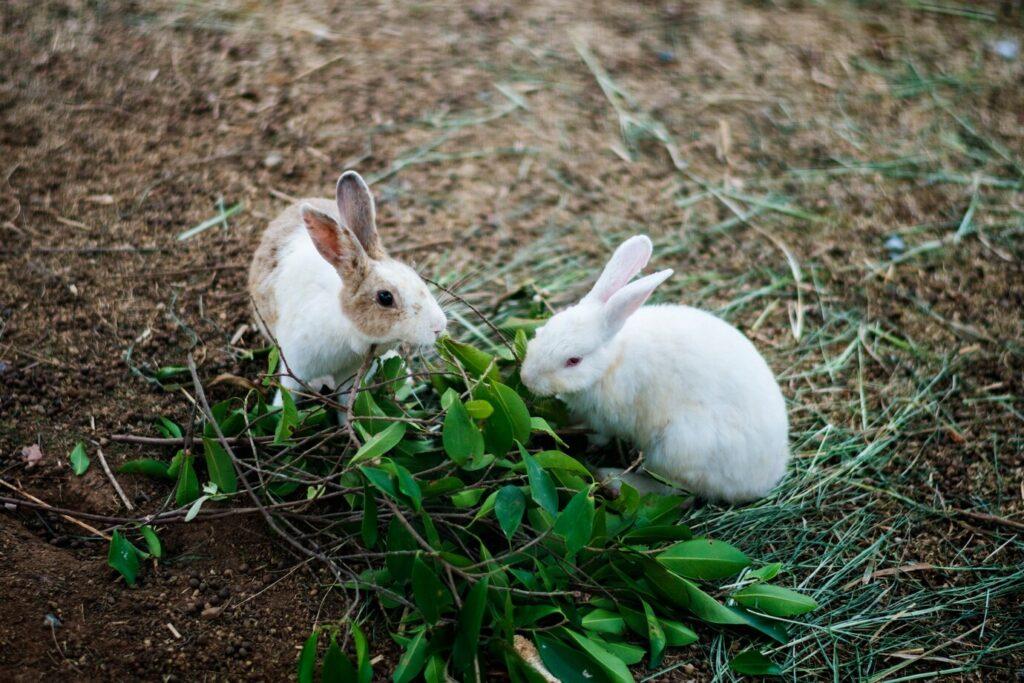Owning a rabbit in Nigeria comes with the responsibility of providing proper nutrition to ensure its health, vitality, and longevity. Rabbits require a balanced diet rich in fiber, vitamins, and minerals to maintain their digestive health and overall well-being. This guide will help Nigerian rabbit owners choose the best food for rabbits at different stages of life.
Understanding a Rabbit’s Nutritional Needs
Rabbits have a unique digestive system that requires a diet primarily composed of fiber. Their diet should include:
- Hay (such as Timothy hay) for gut health and digestion
- Fresh Vegetables (leafy greens like lettuce and carrots) for essential vitamins
- Pellets for balanced nutrition
- Clean Water for hydration and overall health
Best Food for Rabbits in Nigeria
1. Hay – The Primary Diet
Hay should make up at least 70-80% of a rabbit’s diet as it is essential for proper digestion.
- Best options: Timothy hay, alfalfa hay (for young rabbits), Bermuda grass
- How to feed: Provide unlimited access to fresh hay daily
2. Fresh Vegetables – Essential Vitamins
Fresh vegetables add variety and essential nutrients to a rabbit’s diet.
- Best options: Carrots, lettuce, cabbage, spinach, and cucumber
- How to feed: Introduce new vegetables gradually to avoid digestive issues
3. Pellets – Balanced Nutrition
Pellets provide essential nutrients that hay alone may not cover.
- Recommended Product: High-fiber rabbit pellets (Available at Dulham Veterinary Store)
- How to feed: 1/4 to 1/2 cup of pellets per day depending on the rabbit’s size
4. Fruits – Occasional Treats
Fruits should be given sparingly due to their high sugar content.
- Best options: Apples, bananas, pawpaw, and watermelon (without seeds)
- How to feed: Small portions, 1-2 times a week
5. Fresh Water – The Most Important Nutrient
Rabbits require a constant supply of fresh, clean water to aid digestion and hydration.
- How much water? At least 250-500ml per day depending on size and climate
CHECK ALSO;
- Best Rabbit to Buy in Nigeria for 2025: Top 10 Breeds and Prices
- Top 10 Places to Buy a Rabbit in Nigeria, 2025: Best Options
Feeding Schedule for Rabbits
| Rabbit Age | Feeding Frequency | Food Type |
|---|---|---|
| Baby Rabbits (0-8 Weeks) | Unlimited | Mother’s milk, alfalfa hay |
| Young Rabbits (8-16 Weeks) | 2-3 times a day | Timothy hay, pellets, small veggies |
| Adult Rabbits (16+ Weeks) | 2 times a day | Timothy hay, pellets, vegetables |
| Senior Rabbits (5+ Years) | 2 times a day | Timothy hay, fewer pellets, soft veggies |
Foods to Avoid Feeding Rabbits
- Processed foods – Bread, pasta, biscuits, and processed grains
- Toxic vegetables – Onions, garlic, potatoes, and rhubarb
- High-sugar treats – Chocolates, candies, and excess fruits
- Dairy products – Milk, cheese, and yogurt are not suitable for rabbits
Keep Your Rabbit Healthy with the Right Diet!
Providing a balanced diet is key to keeping your rabbit happy and healthy. Get high-quality rabbit feed and supplements from Dulham Veterinary Clinic to ensure proper nutrition.
Visit Us
No 23 Crown Court Estate 2, Orunbe close , Oniru. Victoria Island, Lagos.
Phone Us
Mail Us
Frequently Asked Questions (FAQs) Best Food For Rabbits
1. Can rabbits eat rice?
No, rabbits should not eat rice as it lacks fiber and can cause digestive issues.
2. How much hay should I feed my rabbit daily?
Hay should make up 70-80% of a rabbit’s diet and be available at all times.
3. Can I feed my rabbit only pellets?
No, pellets should be supplemented with hay, vegetables, and occasional fruits.
4. How do I prevent my rabbit from getting sick?
Provide a high-fiber diet, clean water, and regular veterinary check-ups.
5. Where can I buy high-quality rabbit feed in Nigeria?
You can get high-quality rabbit feed at Dulham Veterinary Clinic.

